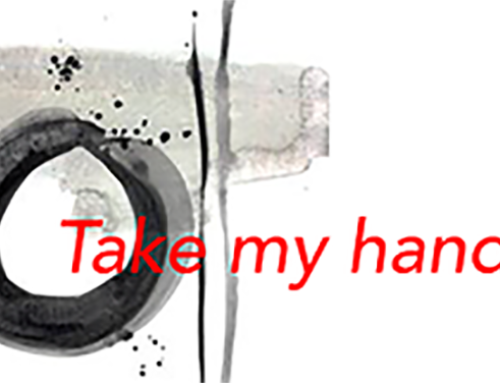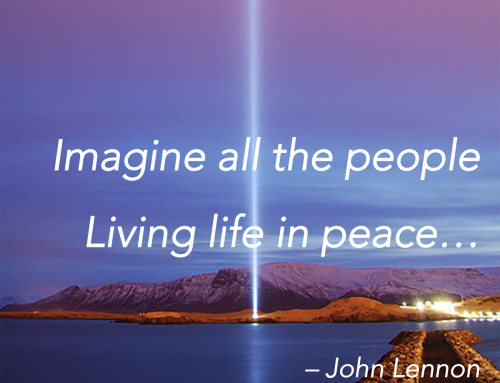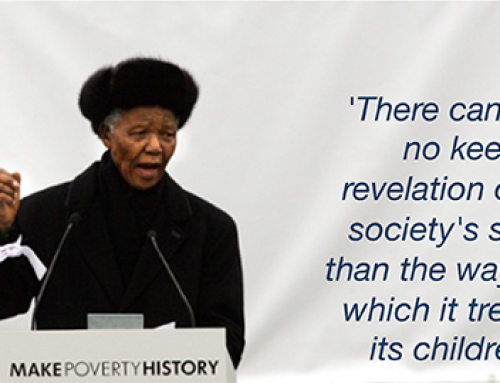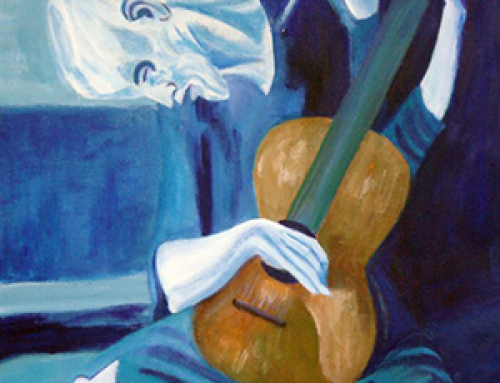A strong voice for equity…
Relaxing with a cold beer on Copacabana beach in Rio de Janeiro I am very mindful that the cost of my drink represents more than two days’ income for the close to 15 million Brazilians living below the extreme poverty line in this very wealthy country.
‘Brazil [the world’s eighth largest economy] is one of the most unequal countries in the world . . . Even with a low unemployment rate of 6.1 percent, 26 percent [50 million] of the population live below the poverty line…[and] 8 per cent live below the extreme poverty line . . . with incomes less than US$1.30 per day. (The Rio Times, 2012)
But this situation is clearly not restricted to Brazil. With more than 50% of the world’s total wealth controlled by less than 1% of its population (Forbes, 2014), the resultant economic inequalities within the global community are obvious to all. And, as we know, those inequalities have serious consequences for the social, cultural and ecological wellbeing of our global community.
You could be forgiven for feeling powerless to change this situation, but Ghandi challenged us to ‘be the change we want to see in the world’. And so, we can choose to make a difference in a world of inequity by trying to be equitable in the way we live our lives within our own local communities. We can challenge the inequities we see within our organisations and institutions; we can choose to encourage and support the people and organisations who are trying to resolve local and global inequity (in all its forms); and we can be a strong ‘voice for equity’ in the conversations we have with our friends and colleagues. In this way we can influence the thinking within our communities and perhaps persuade the people who ‘govern’ these communities, including our organisational communities to ‘host new conversations that will enable [our] organisations to operate as a truly collaborative communities . . . sustained by the co-creation of equitable shared-value outcomes…the congruent organisations that we need to change the way our world works.’ (The Congruence Framework)




